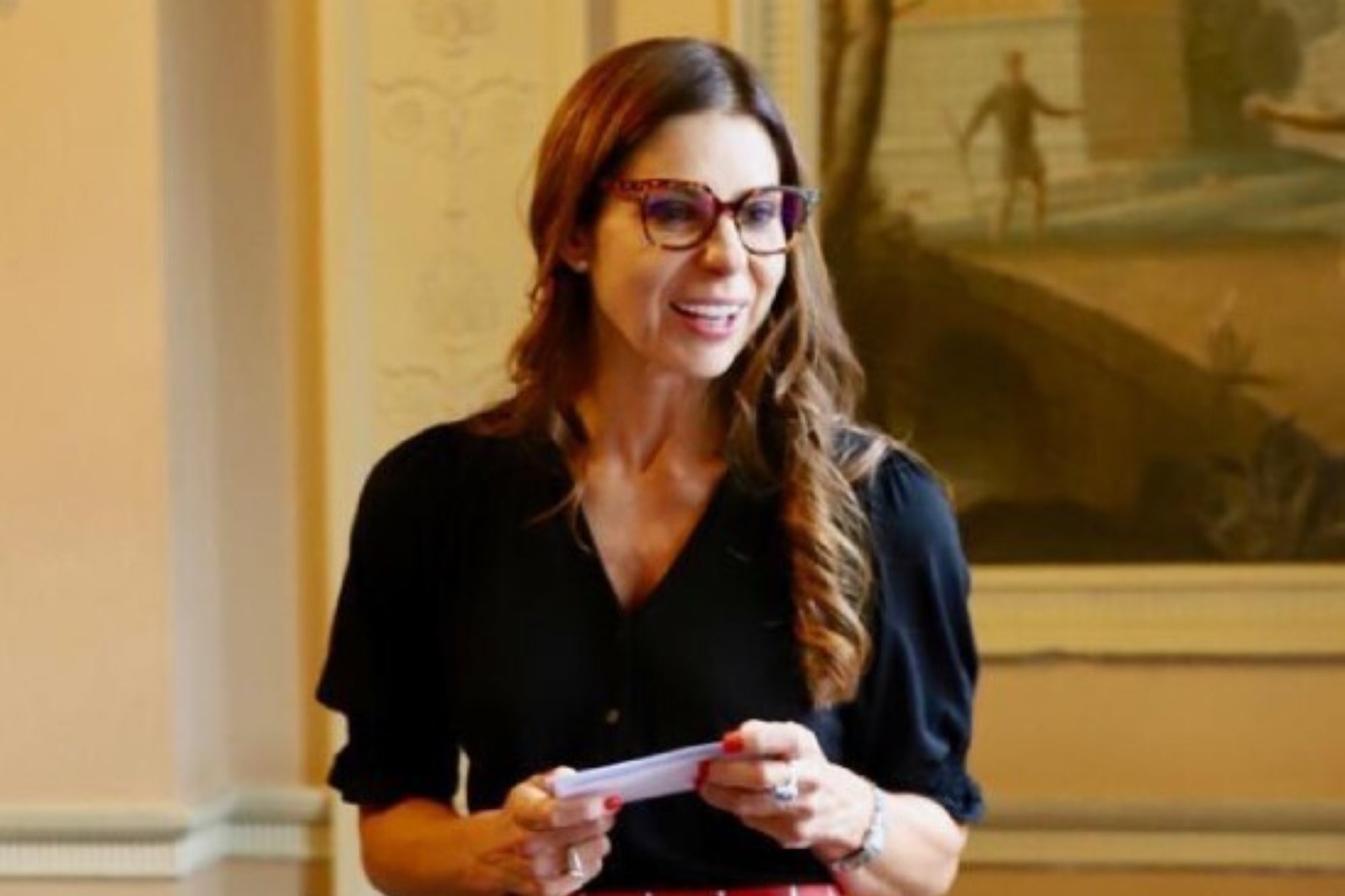The 3 G's of Building Something Real Debbie Wosskow reveals how flipping the script on traditional business through bold moves, diverse networks, and embracing failure is reshaping what success looks like.
Opinions expressed by Entrepreneur contributors are their own.
You're reading Entrepreneur United Kingdom, an international franchise of Entrepreneur Media.

Debbie Wosskow OBE is one of the UK's most influential female business speakers, renowned for her multi-exit entrepreneurial career and leadership in driving gender equity. She co-founded Mantra PR at just 25, launched Love Home Swap - growing it to over 100,000 homes in 150 countries before its multimillion-pound sale - and went on to create AllBright and Maidthorn Partners. In this exclusive interview with Entrepreneur UK, Wosskow reflects on the key lessons of scaling a business - what she calls the 3 G's: graft, grace and grit.
What are the key lessons business owners should know about scaling a business successfully?
I started my first business 26 years ago and I have built three businesses to exit. When I think about investing - or what's next - I always come back to the three Gs. The first is graft. I'm a northerner and graft is everything. It's just about hours in. In an entrepreneurial career, you can't underestimate the sheer volume of work required. The second G is grace, especially grace under pressure. For me that is about building relationships and building networks. Networks have been the absolute bedrock of my career. As you move through the entrepreneurial journey, protecting those relationships and not burning bridges becomes absolutely critical. The final and most important G for me is grit. I think that grit trumps genius every day of the week. I reflect on this in my book, Believe, Build, Become: How to Supercharge Your Career, and it's the heart of my podcast, Grit and Grace. Yes, I care about metrics - revenue, product–market fit, all the numbers. But in the end, temperament is everything. Attitude is what wins.
How can businesses foster a culture of innovation to stay competitive in today's market?
I approach innovation from both ends of the spectrum - big business and start-ups. I am expert in turning an idea and an innovative thought into a business that raises capital and scales but I also do big company work, whether that is on the board of Channel 4 or the senior advisor role for McKinsey, or indeed chairing the Investing in Women Taskforce for the Chancellor. I'm increasingly struck by how much innovation depends on networks. It's about making sure that you surround yourself with real diversity of thought. I've done a lot of work with people across the world who are true technology innovators. I see my role as founder CEO is to harness those ideas and turn them into a culture and a vision that drives revenue and scale. And doing that from the UK matters, because innovation needs to sit firmly at the heart of our growth agenda.
What's the biggest leadership lesson you've learned that every business owner should apply?
We all need to learn how to fail. I wasn't very good at thinking about failure in my earlier career. Founding a business in the late '90s and raising capital as a woman was very unusual. I see failure as teaching me lessons about myself. I also think that we need to learn how to fail on our way to success. I think good entrepreneurs are constantly pivoting - both in their careers and their ideas. None of the businesses I've sold ended up looking exactly like the idea I started with - and that's part of the process and part of what keeps me going as an entrepreneur into my 50s and beyond.










